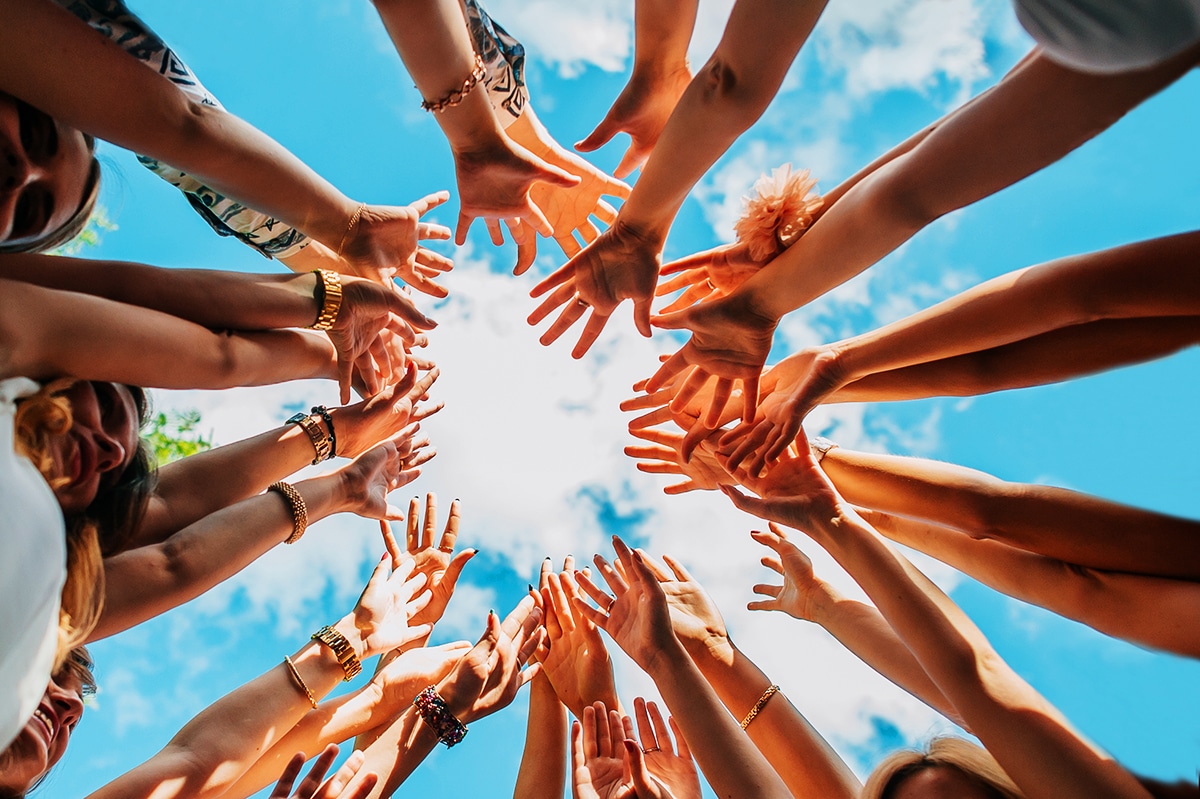The Importance of Creating Peace
In a world that is constantly filled with chaos, creating peace can seem like an insurmountable task. Wars, political disagreements, and social injustice leave many feeling helpless to make a real impact. However, the truth is that every action you take, no matter how small, can make a difference in creating peace.
The Effects of Conflict
The impact of conflict is often felt on both an individual and global level. Violence, displacement, and loss of life are just a few of the tragic consequences of war and political unrest. In addition, conflict can bring about a sense of fear and instability in those who are not directly affected, causing long-lasting damage to social and economic systems.
On a personal level, ongoing disagreements and misunderstandings can lead to strained relationships and a lack of communication. This can create feelings of isolation and disconnection, which can lead to further divisions and conflict.
The Power of Small Actions
While it may seem daunting to tackle such large-scale issues, small actions can have a powerful impact on creating peace. Practicing kindness, empathy, and active listening can help improve communication and understanding in personal relationships, which can spread to larger social groups and eventually have a global impact.
In addition, supporting local organizations that work towards peace and conflict resolution can make a difference in helping communities affected by conflict. Making a donation, volunteering your time, or simply spreading awareness about these organizations can help to amplify their efforts and create positive change.
Elevating Voices
In order to create lasting peace, it is important to elevate the voices of those who have historically been marginalized and excluded from the conversation. By centering the voices and experiences of those most affected by conflict and injustice, we can work towards solutions that are more equitable and sustainable.
This can include speaking out against systems and policies that perpetuate violence and discrimination, as well as advocating for the rights and needs of marginalized communities. Supporting organizations that work towards these goals can also be a powerful way to create change.
Building Bridges
One of the most effective ways to promote peace is to build bridges between opposing groups. This can involve finding common ground and engaging in constructive dialogue, even when disagreements arise.
Having empathy for those with different perspectives and experiences can help to build understanding and create a sense of shared humanity. This can be challenging, but it is crucial in creating a more peaceful world.
Practicing Self-Care
Creating peace is not just about taking action in the world around us—it also involves taking care of ourselves. Practicing self-care can help to reduce stress and anxiety, which can improve our ability to handle conflicts with others in a more constructive way.
This can include finding healthy coping mechanisms for stress, such as exercising, meditating, or spending time in nature. It can also mean taking breaks to recharge and reflect on our own values and priorities.
Conclusion
Creating peace may seem like an impossible task, but every action we take can make a difference. Whether it’s practicing kindness and empathy in our personal relationships, supporting local organizations that work towards peace, or advocating for marginalized communities, there is always something we can do to promote a more peaceful world.
By building bridges between opposing groups, elevating marginalized voices, and practicing self-care, we can create real change in the world around us. Remember that every action you take, no matter how small, matters in the fight for peace.

Deja una respuesta